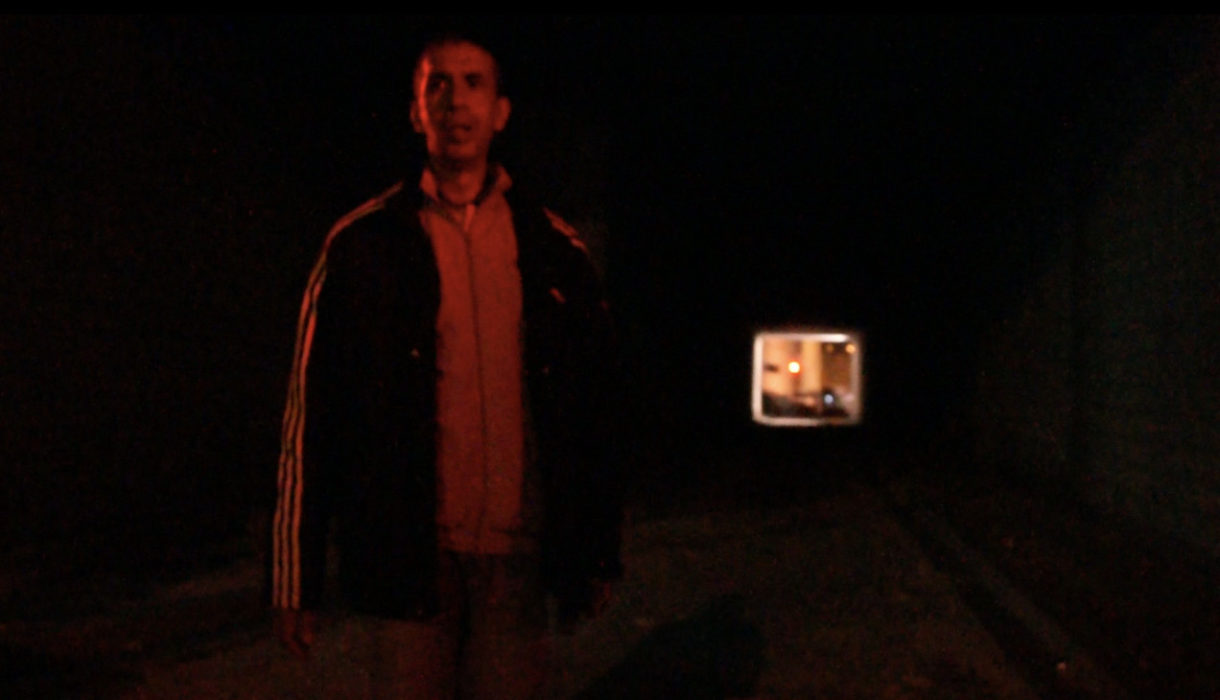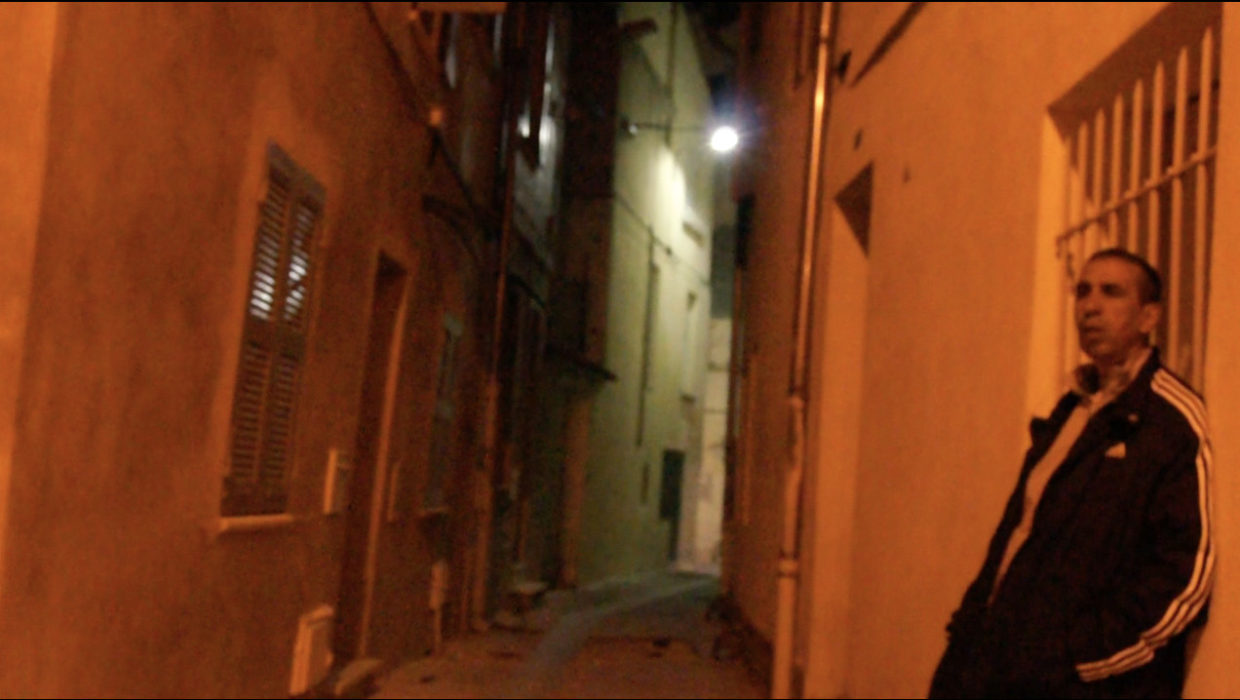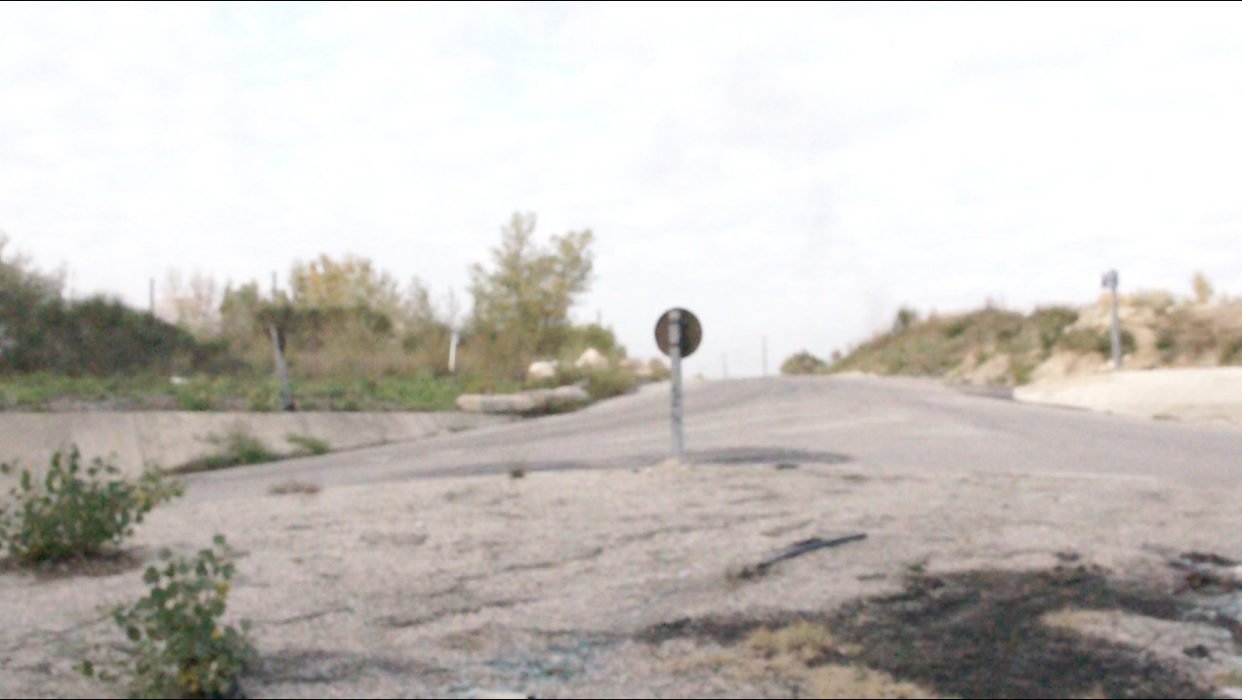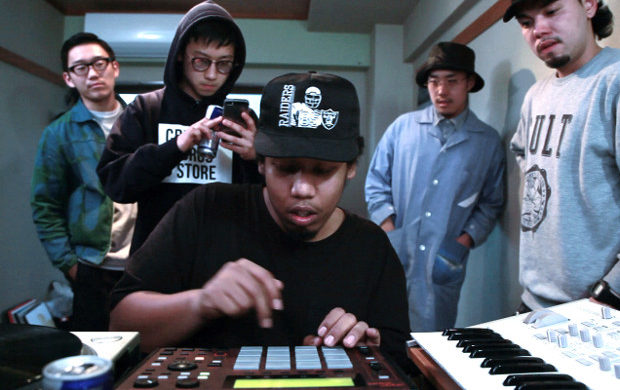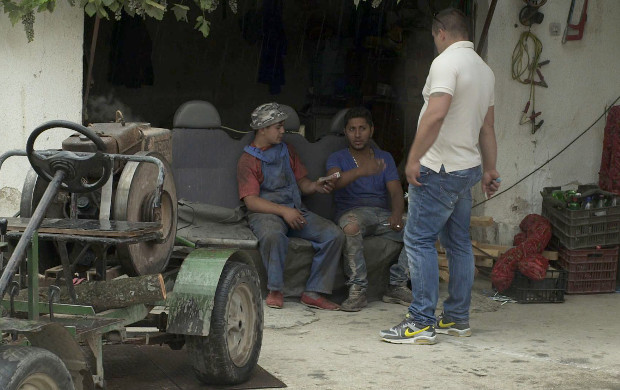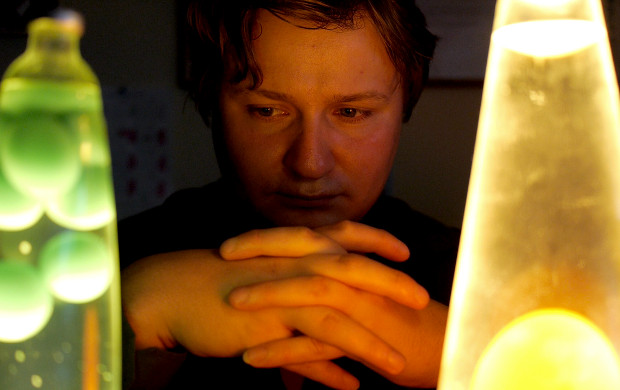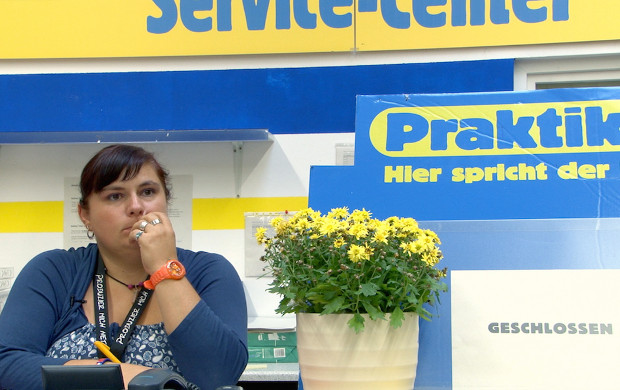Une partie de nous s’est endormie
Sound Asleep
- 2015
- France
- 46 minutes
- French
SPECIAL MENTION LIBRARIES AWARD
“I’m looking for my identity. Have you seen it?”… Djilali, a former long-term detainee, walks around in the protective obscurity of narrow streets. Sometimes Avignon’s architecture seems to symbolise his interiority and a dark itinerant past wizened inside him. Behind him, Marie Moreau is much more than a documentarist: clearly, their long and fruitful exchanges have nourished their wanderings. So much so that Djilali at one point says he has dreamt of her “sinking, being sucked into the depths“—submerged perhaps by her capacity to listen so intently that the filmmaker, who operates the camera and sound alone, cannot come out unscathed. In this talking-walking film, the telling of dreams, tracking shots and possibly fictionalised autobiography merge into a shared project: “How many moments have you got? How many do you need to make a film?” inquires Djilali. The editing follows the dreamlike flow inherent to the states formerly induced by drugs and today by an appalling “psychological traightjacket”. “In spite of the roof, I consider myself as homeless” confides the walker. Noureddine, Kamel, Mustapha and even Isaac— Djilali’s multiple aliases—and his quotes from Dante and from the memoirs of Jacques Mesrine are all identifications that he uses to build his own myth. To build himself, in Marie Moreau’s eyes, a cinemahome with more solid foundations than an council flat, to finally perhaps manage to live in theoutside world in broad daylight. (Charlotte Garson)
- Editing : Françoise Tourmen
- Sound : Marie Moreau
- Photography : Marie Moreau
- Production / Print source : The Kingdom
